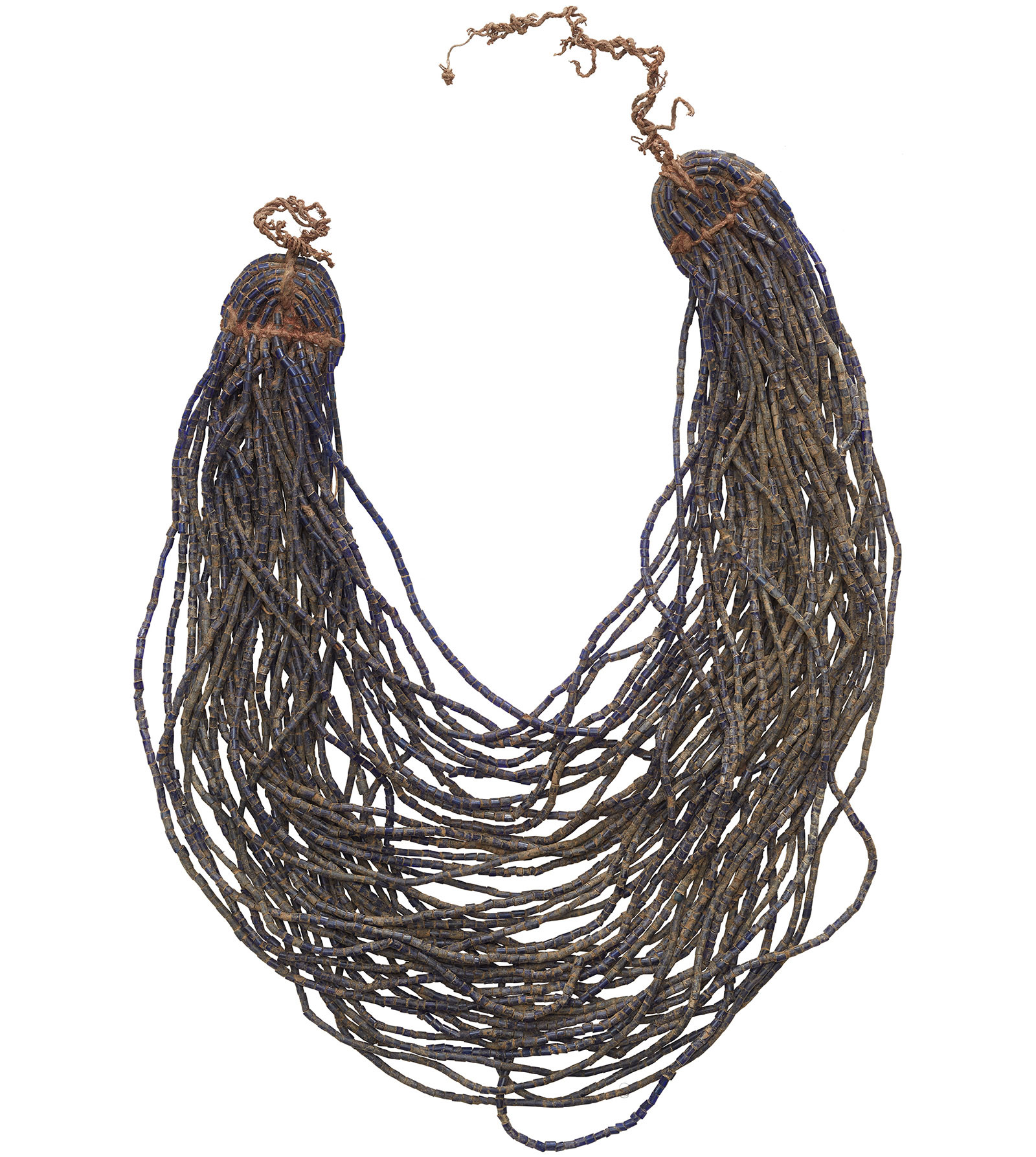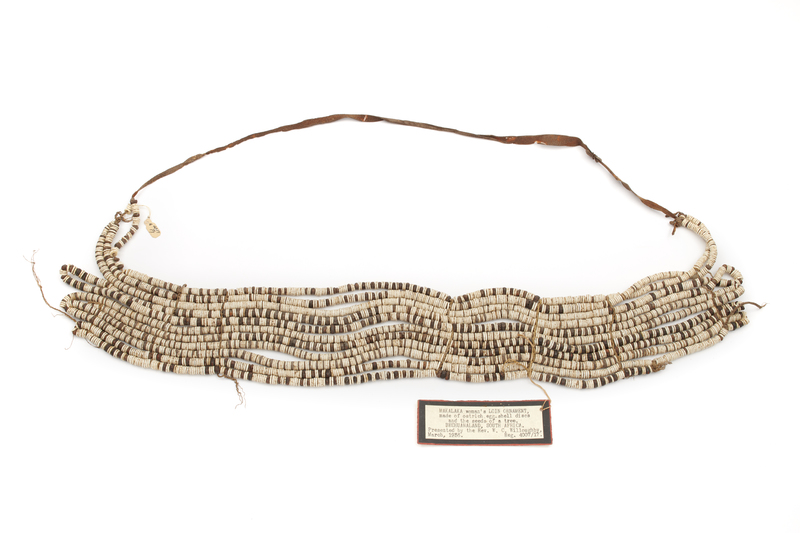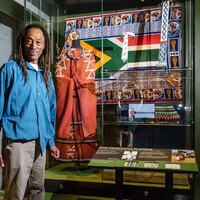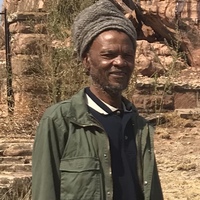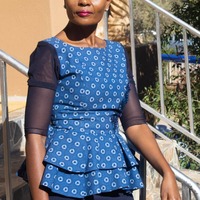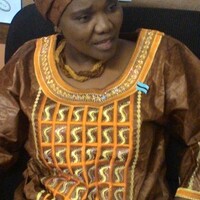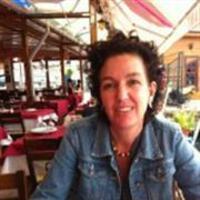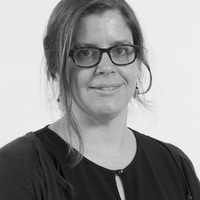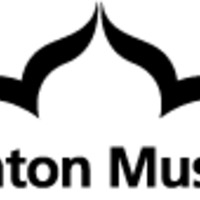Ornament; Sebaga Sa Letheka
Item
Title
Ornament; Sebaga Sa Letheka
Creator
Unrecorded
Description
Physical Description: Beaded waist ornament made of ostrich egg shells and beads string on 11 strings joined together with a leather tie.
Contextual Description: ostrich egg shells and wooden beads. Notes from Tshepo Skwambane and Neil Parsons initial visit to view objects, 2017
Contextual Description: JM 30:54eleven strings of beads joined together with a leather tie. It doesn't say…
NS 30:59
well as It does say it's kalanga well it says makalaka
WT 31:10
as far as a
SL 31:12
mission at
WT 31:14
Ngamiland, they collected
JM 31:17
but the people in Tswapong where he also collected it's mixed Pedi, Kalanga
GK 31:22
but but then again like today the people who deal with these ostrich egg shells are mostly basarwa
WT 31:32
no there was a lot of trading I was telling them about the mopane tree my grandmother used to tell me that when the leaves started changing to yellow they used to call, it [???] it's basarwa. The basarwa too that they would come to the kalanga for trading to get corn whenever ...stuff too. So that's how they could...
SL 31:55
… it's not only basarwa who made it ostrich eggshell out of things... things out of ostrich egg shells even some bantu people practice that…like let's [???] which is an iron age settlement you find some ostrich egg shell things beads on all the [south east?] where you find potteries and Iron slag and other other materials showing that this people with that and make those
32:37
it this one so this one and in just
SL 32:43
before everything because it looks like now that
JM 32:51
we did we just assumed… whats the kalanga word for this ...
WT 33:08
ndalama for beads
SL 33:10
lady necklace ndalama is still hard. So
WT 33:29
I just believe in just checking also with the elderly people what they think so that we don't just assume on our own
SL 33:36
no we are we are going to do that. Of course we will ask as many people as we
33:43
can because in kalanga you know we have this gnarly thing. If you go to the [Ovambo?] people, they would also help. with ndalama. The difference is whether they have different names or just general named ndalama
JM 33:57
ndalama is just beads
NS 34:03
But that's useful
WT 34:03
so that we know whether they will differentiate them, the waist ones, or... probably.
NS 34:10
Yeah. It also you know if people disagree that's also fine. Yeah, we record that somebody says it's this somebody says its that we record both those things and maybe at some future date
WT 34:21
historians ever know this tradition that says this and this so that they are on the safe side
The above notes are from a transcription by Kathleen Lawther of a discussion between Gase Kediseng, JoAnn McGregor, Nicola Stylianou, Scobie Lekhuthile and Winani Thebele which took place at the Khama III Memorial Museum on the 5th of August 2019. To listen to the full recording please follow the link below.
NS 30:59
well as It does say it's kalanga well it says makalaka
WT 31:10
as far as a
SL 31:12
mission at
WT 31:14
Ngamiland, they collected
JM 31:17
but the people in Tswapong where he also collected it's mixed Pedi, Kalanga
GK 31:22
but but then again like today the people who deal with these ostrich egg shells are mostly basarwa
WT 31:32
no there was a lot of trading I was telling them about the mopane tree my grandmother used to tell me that when the leaves started changing to yellow they used to call, it [???] it's basarwa. The basarwa too that they would come to the kalanga for trading to get corn whenever ...stuff too. So that's how they could...
SL 31:55
… it's not only basarwa who made it ostrich eggshell out of things... things out of ostrich egg shells even some bantu people practice that…like let's [???] which is an iron age settlement you find some ostrich egg shell things beads on all the [south east?] where you find potteries and Iron slag and other other materials showing that this people with that and make those
32:37
it this one so this one and in just
SL 32:43
before everything because it looks like now that
JM 32:51
we did we just assumed… whats the kalanga word for this ...
WT 33:08
ndalama for beads
SL 33:10
lady necklace ndalama is still hard. So
WT 33:29
I just believe in just checking also with the elderly people what they think so that we don't just assume on our own
SL 33:36
no we are we are going to do that. Of course we will ask as many people as we
33:43
can because in kalanga you know we have this gnarly thing. If you go to the [Ovambo?] people, they would also help. with ndalama. The difference is whether they have different names or just general named ndalama
JM 33:57
ndalama is just beads
NS 34:03
But that's useful
WT 34:03
so that we know whether they will differentiate them, the waist ones, or... probably.
NS 34:10
Yeah. It also you know if people disagree that's also fine. Yeah, we record that somebody says it's this somebody says its that we record both those things and maybe at some future date
WT 34:21
historians ever know this tradition that says this and this so that they are on the safe side
The above notes are from a transcription by Kathleen Lawther of a discussion between Gase Kediseng, JoAnn McGregor, Nicola Stylianou, Scobie Lekhuthile and Winani Thebele which took place at the Khama III Memorial Museum on the 5th of August 2019. To listen to the full recording please follow the link below.
Publisher
Making African Connections
Date
Pre 1899
Type
PhysicalObject
Format
Whole: 630 mm x 70 mm x 18 mm
Ostrich eggshell
Beadwork
Identifier
R4007/17
Source
Collected by Reverend William Charles Willoughby, a Christian missionary, in what was then the Bechuanaland Protectorate (1885-1966). It is now the Republic of Botswana, having gained independence from Britain in 1966.
From 1889-92 Willoughby was pastor at Union Street Church, Brighton (now The Font pub). From 1893 to 1898 he worked for the London Missionary Society in Bechuanaland. He assembled this collection of objects during this period. This was a period of social and technological changes and these objects represent traditional lifestyles and skills, rather than the contemporary lives of the people Willoughby met.
Willoughby's collection was loaned to Brighton Museum in 1899 when he returned to the UK. The loan was converted into a donation in 1936, and accessioned as acquisition R4007.
Some objects were re-numbered with the WA (World Art) numbering system in the 2000s. These numbers have been reverted to the original R4007/... numbers where possible for consistency in 2019.
From 1889-92 Willoughby was pastor at Union Street Church, Brighton (now The Font pub). From 1893 to 1898 he worked for the London Missionary Society in Bechuanaland. He assembled this collection of objects during this period. This was a period of social and technological changes and these objects represent traditional lifestyles and skills, rather than the contemporary lives of the people Willoughby met.
Willoughby's collection was loaned to Brighton Museum in 1899 when he returned to the UK. The loan was converted into a donation in 1936, and accessioned as acquisition R4007.
Some objects were re-numbered with the WA (World Art) numbering system in the 2000s. These numbers have been reverted to the original R4007/... numbers where possible for consistency in 2019.
William Charles Willoughby
Botswana, Southern Africa, Africa
1893-1898
Space/Place
Botswana, Southern Africa, Africa
Cultural Group: Kalanga
Rights
Creative Commons Attribution-ShareAlike 4.0 International
Item sets
Linked resources
Filter by property
| Title | Alternate label | Class |
|---|---|---|
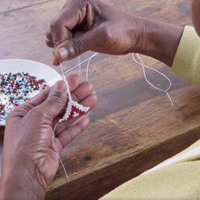 Beadwork Beadwork |

